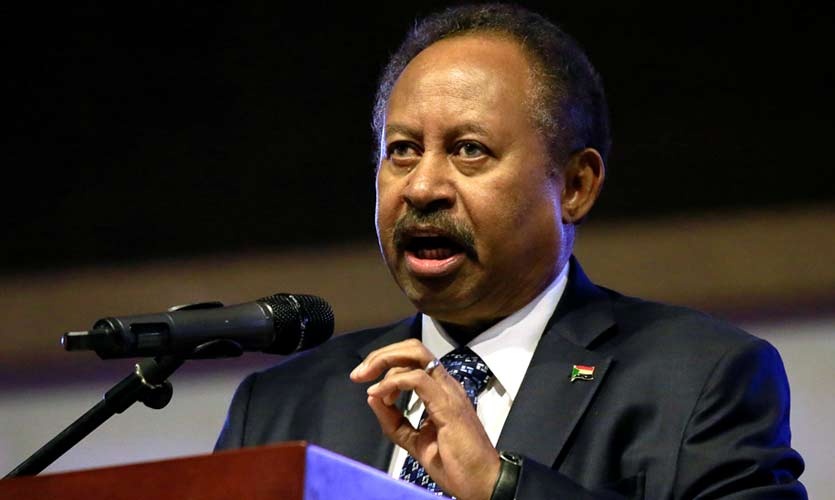Prime Minister Abdalla Hamdok’s resignation today comes as a heavy blow to the military leaders who had hoped an agreement with him would appease protesters and legitimise their rule.
An October coup led by the Sudanese army led to thousands marching against a recent power-sharing arrangement between the president and the military. On January 2, demonstrators chanted “power to the people” and called for the return of civilian rule, to which military forces responded with force, killing two people. According to the Central Committee of Sudanese Doctors (CCSD), one of the protesters was shot in the chest, while the other sustained a “severe head wound”. Television images showed security forces firing tear gas at protesters in Khartoum as demonstrators marched towards the presidential palace in the 12th round of major protests since the coup on October 25.
Internet and mobile services were reportedly disrupted in Khartoum before the planned protests against military rule. NetBlocks, a web monitoring firm, has reported that mobile internet services were interrupted. During demonstrations, which have become more frequent since the coup, authorities erect roadblocks, while shipping containers block Nile River bridges connecting Cairo and outlying areas. Tear gas has been fired at rallies repeatedly with the police wielding batons and security forces moving in to stop rallies. During a protest on Thursday, six people were killed and hundreds were injured. Sunday’s protests are the latest in a series of nationwide demonstrations. The death toll in the crackdown has reached 56 since it began in October, according to the CCSD.
Read more: ‘Xinjiang Papers’: Leaked Documents Tie Top Chinese Leaders To Uyghur Crackdown
October 25 saw the military seize power after ending a power-sharing arrangement with the civilian government. A deal agreed upon in 2019 was supposed to pave the way for a transitional government and eventual elections following the overthrow of longtime ruler Omar al-Bashir. In 2019, a popular uprising overthrew President Omar al-Bashir, Sudan’s longtime authoritarian ruler, resulting in the transition to democracy. Now Sudan faces a potential return to the authoritarian period. The country also runs the risk of becoming a pariah state as the US has already stated that they will sanction those who hinder a return to civilian rule. This could have adverse effects on Sudanese lives given the country’s economic struggles.
Hamdok said in a televised address that the country was at a “risky turning point that threatens its very existence”. He said he had tried his best to stop the country from “sliding towards disaster”, but that “despite everything that has been done to reach a consensus… it has not happened”.










